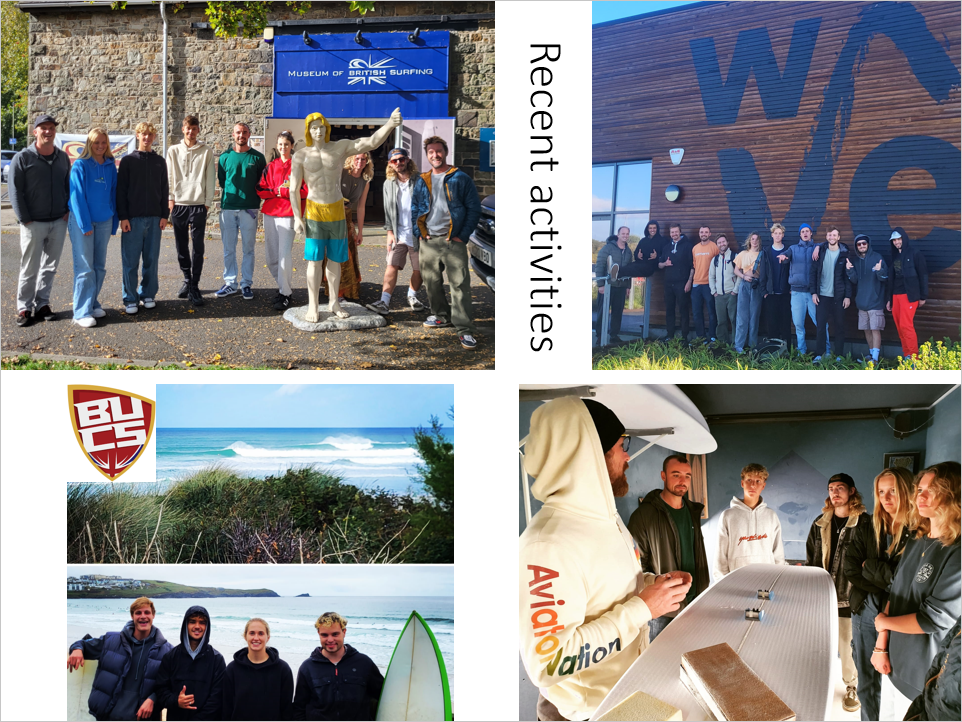
Topic outline
Main course page
-
-
The Surfer’s Journal Podcast delivers longform storytelling on the people, culture, travel and art of surfing.

-
Surf Mastery, combines the best practices from surfing, human movement, mindset training, nutrition, health, and sports psychology to provide comprehensive coaching tailored to each individual's needs.





